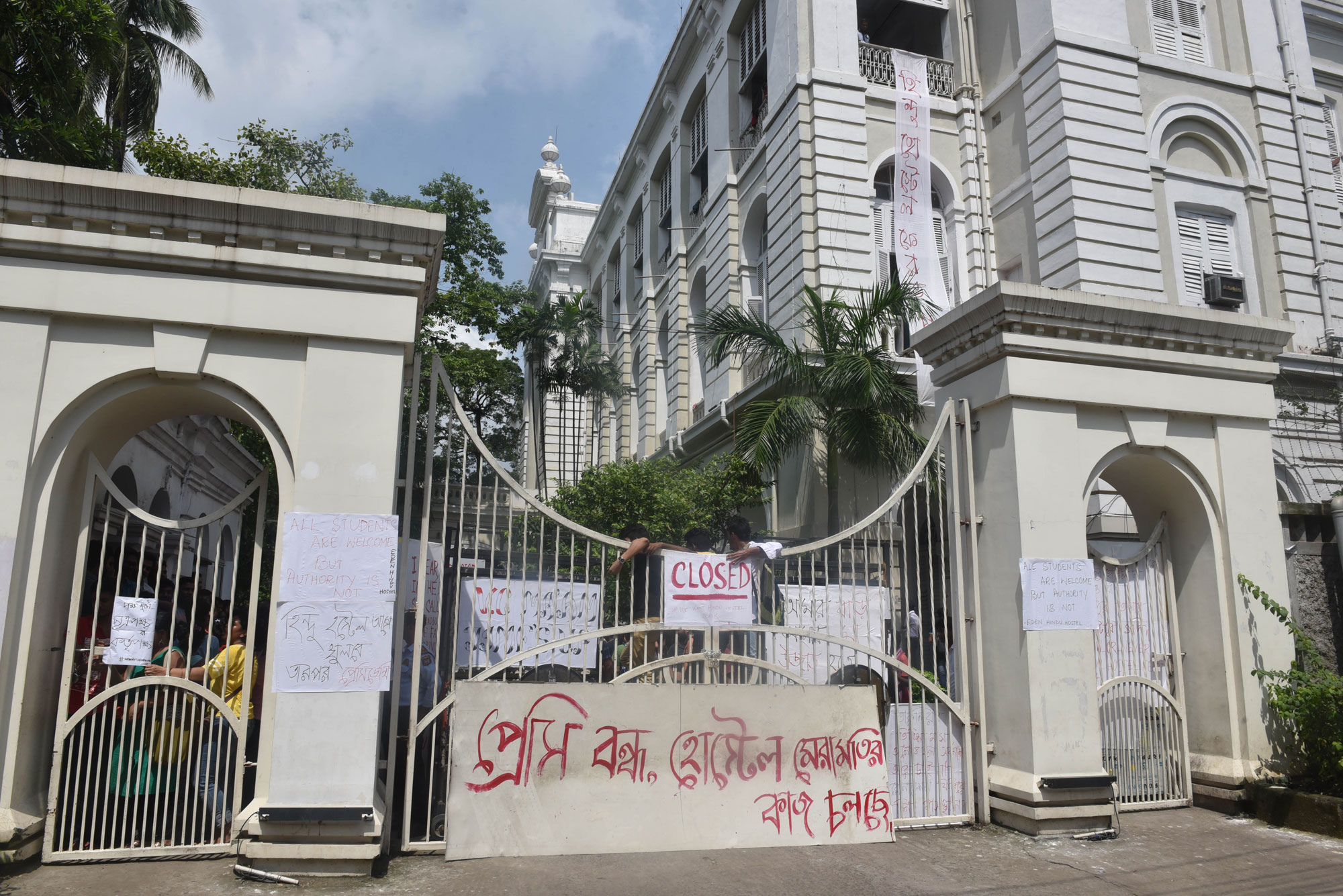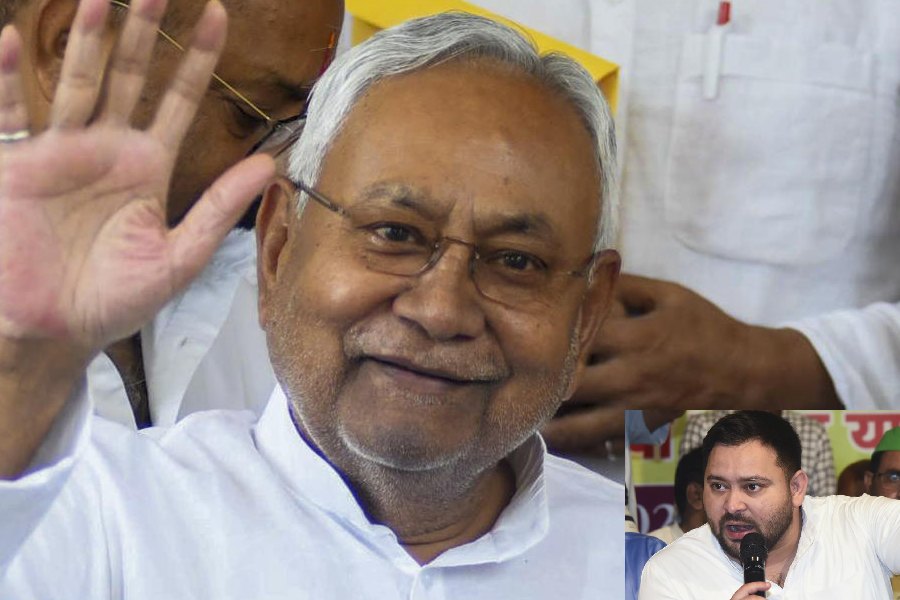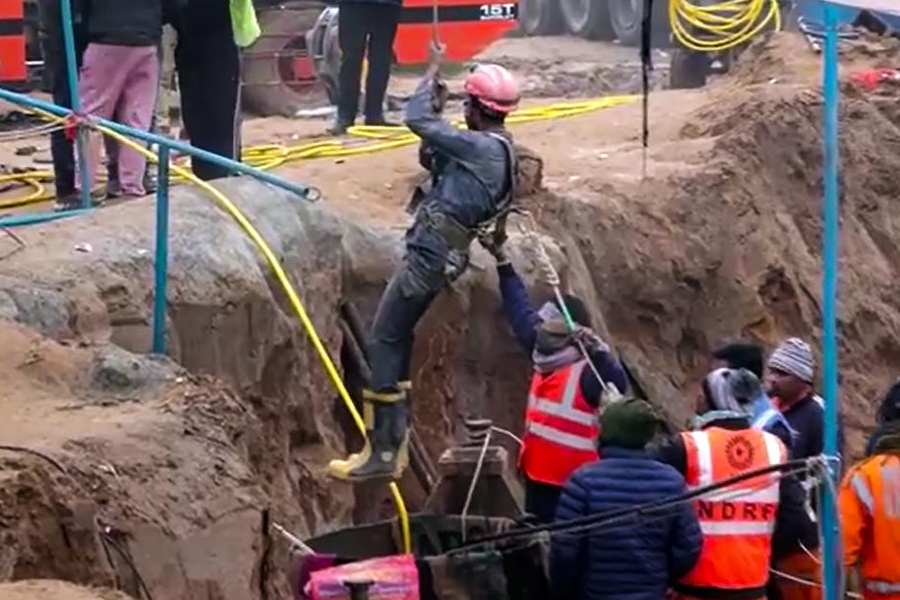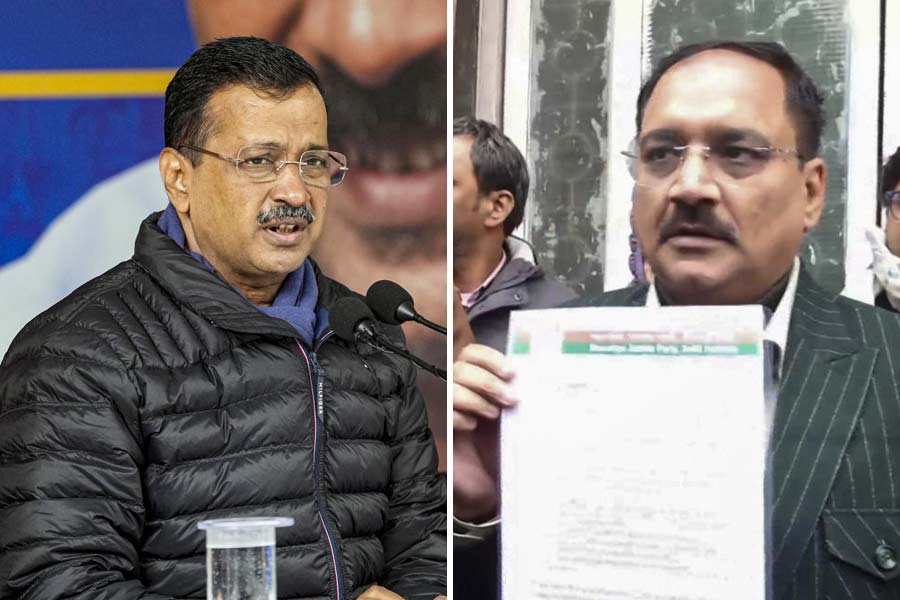September 11, 2018 was a black day in the history of Presidency University, Calcutta. The developments leading to the curtailment of the annual convocation on the university premises have tarnished the image of that institution of learning with a heritage of over 200 years.
An outburst of students’ anger against the Establishment over the inordinate delay in the repairs (since 2015) of the Eden Hindu Hostel was preceded by two earlier agitations: in Jadavpur University against dispensing with the admission test, and in the Calcutta Medical College over ‘inhuman’ living conditions in the hostel and the alleged denial of permission to some to shift to new hostel premises.
A common thread that ran through all the three episodes of unrest was that the agitating students were reportedly affiliated to political ideologies different from that of the ruling party in the state. Another common thread was, regrettably, the lack of concern on the part of respective authorities over certain sensitive issues. Politics dictated actions and problems remained unresolved.
The worsening situation drove many students out of the state in search of admission. That is why several seats reportedly remained vacant in the two universities.
Tinkering with education from its primary stage by politicians had begun in West Bengal from 1977, after the Communist Party of India (Marxist)-led Left Front government came to power. Gradually, it became clear that a well-calibrated objective of the party in power was to sow seeds of its ideology in the minds of students from their formative years under the supervision of Left-oriented teachers for the survival of both the party and its government.
Since then politicization of education has remained part of political design, with only a change in political colour. The outcome has been a sense of disillusionment among students. In the upbringing of a child, there has to be a ‘trinity of trust’ formed by parents, teachers and environment. But for quite some time, this has virtually gone bankrupt, which has taken a serious toll of value-based education. Empathy, an interplay of emotion and logic and an integral part of teaching, has also suffered dilution. This has undermined yet another traditional anchor in the relationship between teacher and taught. What has vitiated the guru-shishya parampara beyond repair is the politicization of the sacred sphere of learning. This explains why remedial measures that could have prevented the Hindu Hostel and the Medical College hostel from getting mired in bad publicity were inordinately delayed, and the situation allowed to fester. ‘Trust and communication deficits’ among the stakeholders were enormous.
What has made the challenges of student life most formidable is the fact that today’s young people are hemmed in between the revolution in information technology and the globalization of market forces. When the trinity of trust is broken, and education of high quality elusive, they find it difficult to distinguish between the desirable and its opposite.
For the empowerment of young people, family, friends, career and leisure provide ‘four spaces’. An optimum outcome is accomplished when there is proper coordination among the four spaces with the support and assistance of the trinity. Today’s debilitating environment calls for a fifth space: ‘social action’. Although this helps inculcate, promote and strengthen team spirit, larger interests, and solidarity, it has remained out of focus from school to university. That can explain why the students of a prestigious university failed to put their protest temporarily on the back burner to allow an important event like the convocation to proceed as scheduled, prioritizing the prestige of the alma mater. They also failed to show pride and commitment and played into the hands of politicians by shaming a university of such repute and acclaim.
Over time, vested interests have struck deep roots in the academic campus and continued to use students as tools in politics to the detriment of their interests. Students have remained vulnerable to such manipulations. They are misguided enough to press more for the realization of rights and concessions than to comply with duties and obligations towards their career and institutions.
Another unhappy development has been the loss of stature of teachers. Teachers, who were moral anchors, have fallen from the traditional pedestal of friend, philosopher and guide. Society, too, hesitates to grant them the social sanction and legitimacy they enjoyed in the past to initiate and guide social renewal. Ever since teachers have been drawn into politics, the foundations of social building and enlightened citizenship have continued to be adversely affected.
The seriousness of the situation demands that politics, education and government, and society as a whole, rise above partisan interests and join in partnership to evolve a ‘national will’ focusing on harnessing youth power with the help of education. Then only can begin the march towards building the future of the nation. This will take generations; hence the beginning has to be made now.










